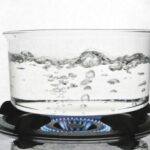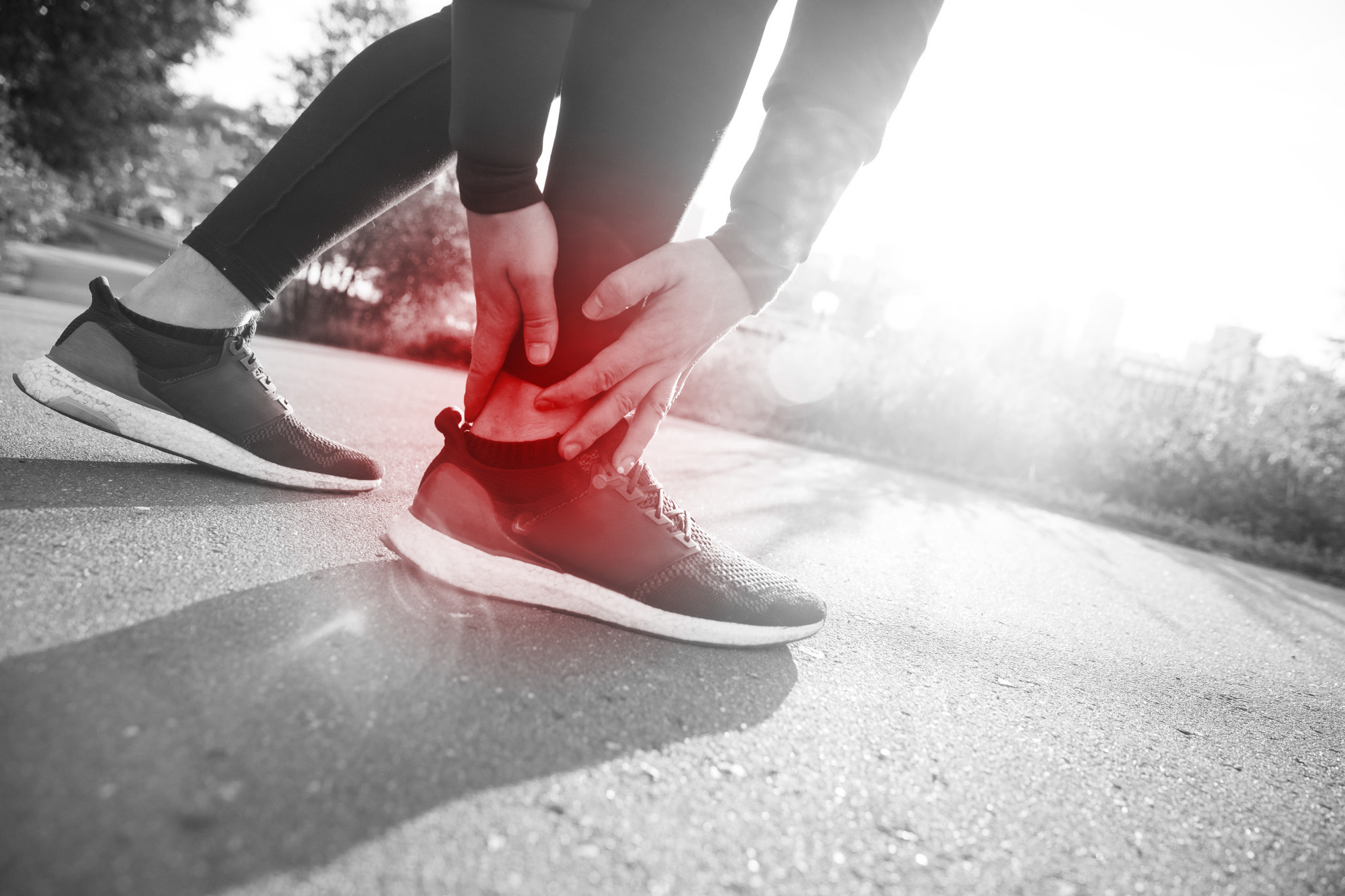At some point in their lives, virtually everyone experiences a soft tissue injury like a sprain, contusion, or bruise. You get them from falls, accidents, and overuse through sports or exercise. Given that around 25 percent of adults still play sports of some kind, it’s not a surprise that soft tissue damage proves so common.
Once you get that soft tissue damage, though, you want the injury to heal as fast as possible. So, you may ask, “What can I do to help heal my soft tissue injury quickly?” Keep reading for some tips on what you can do to speed things along.
R.I.C.E
There is a pretty standard protocol the medical industry follows for soft tissue injuries that goes by the acronym R.I.C.E., which stands for:
- Rest
- Ice
- Compress
- Elevate
Rest typically means avoiding activities that trigger pain in the injured area. Icing the injury for 20-minute intervals helps keep swelling down. You’ll often see these injuries wrapped in elastic bandages the compress them.
Elevate typically means keeping the injured body part higher than your heart when you lie down, such as propping up an ankle or knee on a pillow.
Protect
Some people add P at the beginning of the acronym that stands for ‘protect” for more severe injuries. That typically means avoiding using that part of your body for anything not recommended by your doctor or physical therapist.
Eat Protein
Your body relies heavily on protein. It’s what your body uses in the production of amino acids. That makes protein especially important when you must heal soft tissue injuries. Your body will use those amino acids to do the job of repairing or replacing those tissues.
That doesn’t mean you should eat a huge steak every night. It means you should give your body a steady supply of protein throughout the day. Think in terms of lean red meat, chicken, salmon, and eggs.
Vitamins, Minerals, and Supplements
A good cross-section of proteins helps with healing and achieving optimal health, but it’s not enough. When you’re healing, your body also leans on its supply of vitamins and minerals. You’ll need Vitamin C and magnesium in particular.
You can get these by eating fruits, nuts, and dark, leafy greens. You can also explore supplements such as Omega 3 supplements, which your body also needs. You can also consider a topical treatment like colloidal silver that promotes skin and tissue healing.
Healing Soft Tissue Damage
When you come up against soft tissue damage, you want the injury dealt with as fast as possible. You can do things that will promote the process.
You can eat protein and foods that provide important vitamins and minerals. You can take an Omega 3 supplement. You should absolutely follow the R.I.C.E protocol for managing the injury since it has years of medical research behind it.
Even so, you must remain patient. Even under ideal conditions, these injuries can weeks or months to heal.
Looking for more healthy living tips? Check out our Health and Fitness section for more posts.


















